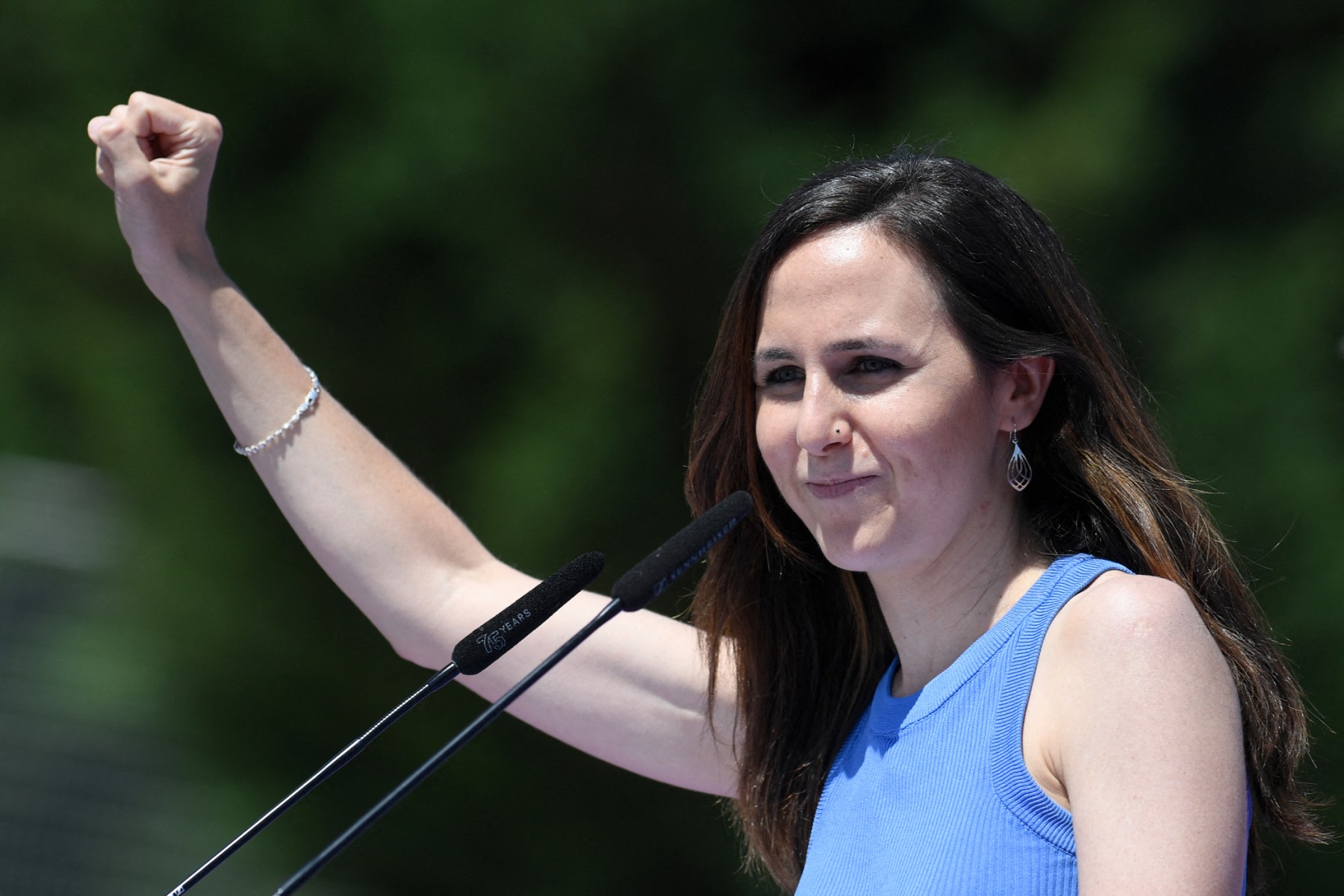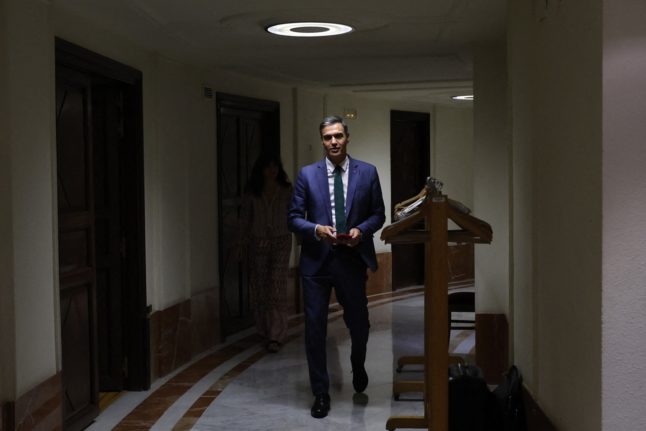The head of Podemos, Social Rights Minister Ione Belarra, said Saturday that Israel’s response to Hamas’s attacks on October 7th amounted to “genocide” and called for Israeli Prime Minister Benjamin Netanyahu to be prosecuted by the International Criminal Court for war crimes.
She has also called on Madrid to cut diplomatic ties with Israel and impose sanctions on the country’s officials.
Israel declared war on Hamas after the Islamist group’s fighters broke through the heavily fortified Gaza border on October 7th, killing over 1,400 people, mostly civilians, and taking about 200 people hostage.
Israel responded with relentless air strikes on Gaza that have killed more than 3,470 people, mainly civilians, according to the Hamas controlled health ministry, and imposed a crippling siege on the Palestinian enclave that has left inhabitants with dwindling supplies of food, water and fuel.
Podemos’s position has strained Spain’s ties with Israel, with the country’s embassy condemning the view as “absolutely immoral” in a statement which Madrid deemed an “unfriendly gesture”.
READ MORE: Israeli Embassy accuses Spanish government of ‘aligning with terrorism’
Sánchez’s Socialists have governed in a coalition with Podemos since 2020, and the two parties have often clashed over foreign policy. Podemos for example opposes sending military aid to Ukraine.
But the row over Israel comes at a delicate time for Sánchez. A national election in July left no party close to an absolute majority and the Socialist premier needs the support of several smaller parties to stay in power.
Among the groups whose backing he will need is Sumar, a new alliance of far-left parties which includes Podemos.
Sánchez has until November 27th to secure a parliamentary majority to govern, otherwise new elections will be triggered for January.

‘Cacophony’
The “cacophony” over Israel is “embarrassing” because it comes at a time when the left needs to “show its unity,” Paloma Román, politics professor at Madrid’s Complutense University, told AFP.
Podemos has been “somewhat sidelined” by Sumar, and it has adopted a hard tone on Israel to “stand out and so we don’t forget that it is different from Sumar,” she added.
Sumar is led by popular Labour Minister Yolanda Díaz, who is close to Sánchez and has adopted a more nuanced tone on Israel.
Sánchez, in office since 2018, has condemned “completely and without any hesitation, the Hamas terrorist attack in Israel”.
READ ALSO: How war in Israel could affect Spain
At the same time he has said “Israel has the right to defend itself but always within the limits of international humanitarian law”.
Foreign Minister José Manuel Albares said Tuesday that there are always “different opinions” in any government, but when it comes to foreign affairs only he and Sánchez speak in the name of Spain.
“The position of the government of Spain at the moment is very clear,” he added before repeating Sánchez’s condemnation of Hamas and support of Israel’s “right to defend itself” within the rules imposed by international law.
But former Podemos leader Pablo Iglesias, one of the founders of the party who remains influential, warned Wednesday that Sánchez must remember that to be reinstated, he must negotiate the main points of his foreign policy with the political forces he depends upon.
READ ALSO: Spain looks to avoid diplomatic spat by ‘working’ with Israel



 Please whitelist us to continue reading.
Please whitelist us to continue reading.
So glad Belarra stood up in solidarity for the Uighurs and the Tibetans while the Chinese herded them into concentration camps, imposed forced labor, and destroyed their sovereignty. Oh wait, you mean she didn’t? Why not? Not trendy?